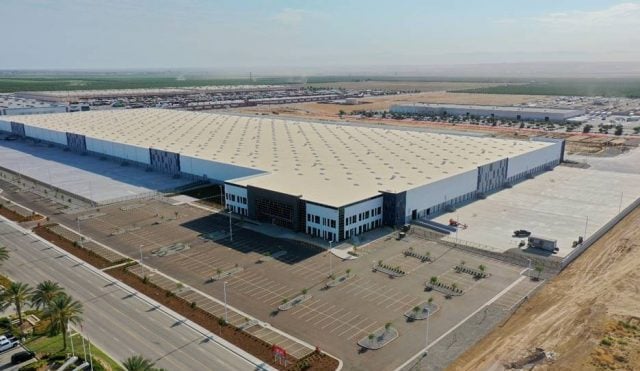Part 2 of 2
LAS VEGAS-In part 1 of this two-part Q&A with Western National Property Management's VP of business development, Nick Alicastro, we chatted about the Las Vegas market, and how there was simply zero margin for error in due diligence. In part 2 below, Alicastro talks about how to stay completive and notes the importance of portal systems.
GlobeSt.com: In what ways are property management companies setting themselves apart in this hyper-competitive market?
Nick Alicastro: In today's market, management companies must focus on technology and transparency in order to set themselves apart.
Owners are much more sophisticated and knowledgeable than they were even ten years ago. As a result, owners expect their property management firm to be equally as cutting edge and sophisticated.
One way property managers can demonstrate their technological expertise and commitment to transparency is through company portals. While many property management companies offer portal systems, most are remedial at best. Alternatively, a good portal system will allow access to live, up-to-the-minute data on each property. This data should include occupancy, delinquencies, and foot traffic; as well as all financials, including ledgers, property invoices, and accounts payable.
This is the type of portal Western National Property Management offers, through which we are able to deliver accessibility and transparency to all of our owners, allowing them to see where a property stands at any given moment. Ultimately, these portals deliver priceless peace of mind for any owner and they are accessible 24/7. Owners are busy and often have hectic schedules and they should have the ability to review their assets performance at any time.
GlobeSt.com: Is there a difference in how a property should be managed when the owner is planning to buy and hold the property, as opposed to an owner who wants to sell more quickly?
Alicastro: While both buy-and-hold and short-term investors should focus first on superb due diligence, there are a few additional areas on which each should focus more closely.
For the buy-and-hold investor, a great deal of time and energy should be spent on both five- and ten-year cash flow projections. It is essential to define the capital needs for each projection period, as well as funding sources for each need. From there, property managers and owners can work together to determine the impact of these needs on the owner's bottom line.
In addition, long-term owners should determine the preventative maintenance that can be completed up front in order to reduce the capital requirements throughout the projection period.
Alternatively, an investor who plans to sell a property more quickly should focus on increasing the community's income as rapidly as possible. This means immediately performing any building or unit upgrades that will justify increases in rental rates for renewals and new leases. A short-term investor should always weigh the cost of a repair or upgrade against the extra income the upgrade will generate in order to determine the best course of action.
Exterior repairs need to be carefully measured for returns, what impact they will have on the sale price, what impact it will have on the marketability for the broker and if repairs are not done, what impact that will have on the asking rent. Naturally, any life and safety items must be repaired immediately and we also encourage a full risk assessment of the asset which should include, but is not limited to, a forensic review of fire/alarm related systems. If deficiencies or code violations exist, we usually recommend the seller fix them. These types of items have a tendency to be more costly, time consuming and problematic to repair than one would think.
Continue Reading for Free
Register and gain access to:
- Breaking commercial real estate news and analysis, on-site and via our newsletters and custom alerts
- Educational webcasts, white papers, and ebooks from industry thought leaders
- Critical coverage of the property casualty insurance and financial advisory markets on our other ALM sites, PropertyCasualty360 and ThinkAdvisor
Already have an account? Sign In Now
© 2024 ALM Global, LLC, All Rights Reserved. Request academic re-use from www.copyright.com. All other uses, submit a request to [email protected]. For more information visit Asset & Logo Licensing.








